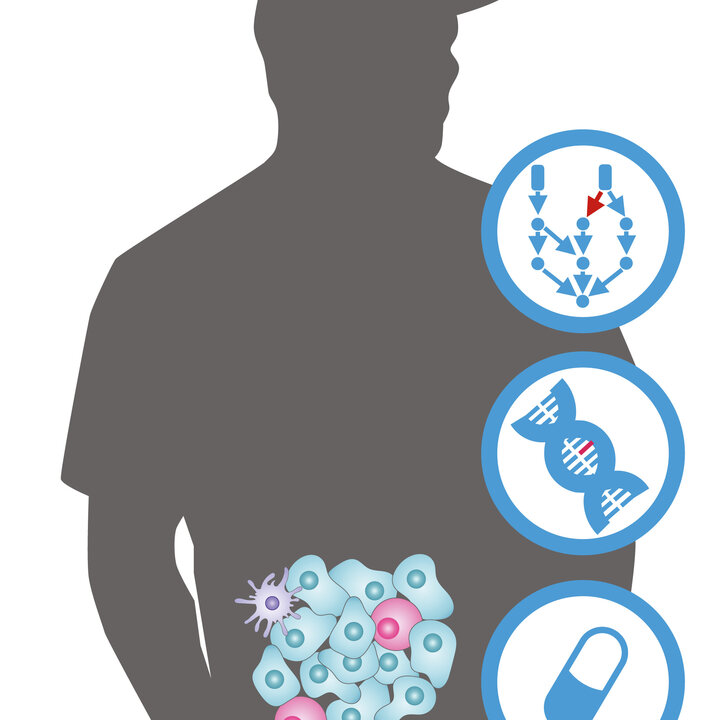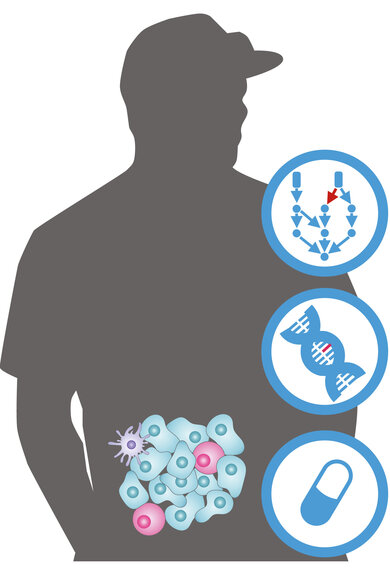
Tumours development and response to therapy is determined by how molecules and cells interact in the tumour microenvironment. Normal cellular mechanisms are deregulated in cancer. Anti-cancer therapy aims at targeting deregulated mechanisms and restoring normal cellular behaviour. Rather than focusing on individual cellular mechanisms, we use systems biology to have a holistic view of how cells and molecules interact in the tumour and how these interactions define tumour behaviour. To this end, we develop and use quantitative models (e.g. mechanistic models, machine learning, statistical analysis) and novel experimental techniques (microfluidics). We use systems approaches to integrate different molecular and clinical data and gain insights in the complexity of cancer, working in close collaboration with biologists and clinicians. We are particularly interested in studying patients' heterogeneity and how patient-specific characteristics should be taken into account to improve cancer therapy through personalized approaches.
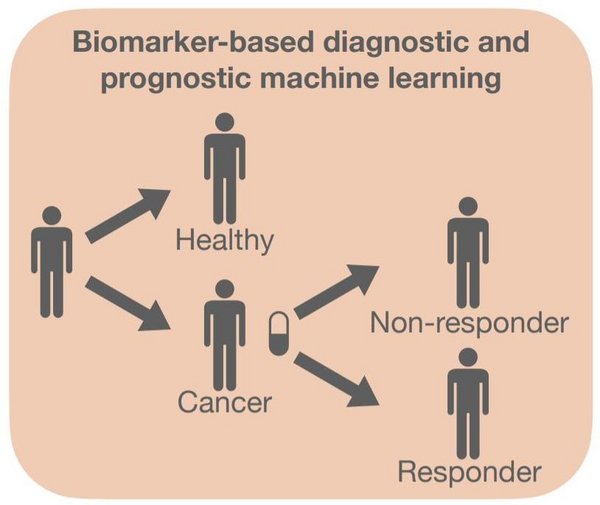
Current projects in the group
- Machine learning for patient stratification and diagnosis
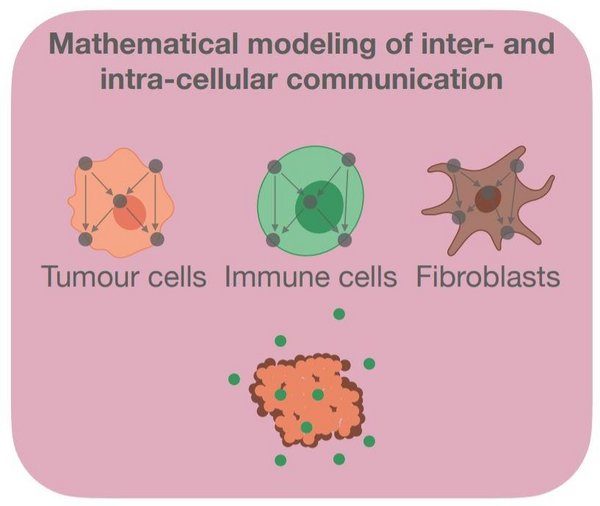
- Mechanistic modelling of inter- and intra-cellular interactions
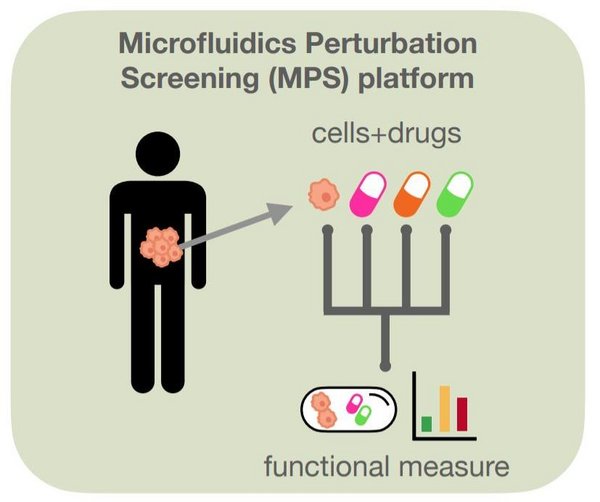
- Microfluidics platform for functional combinatorial screening on patients' biopsies
